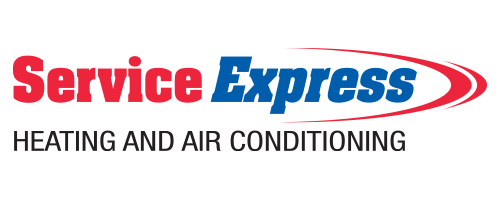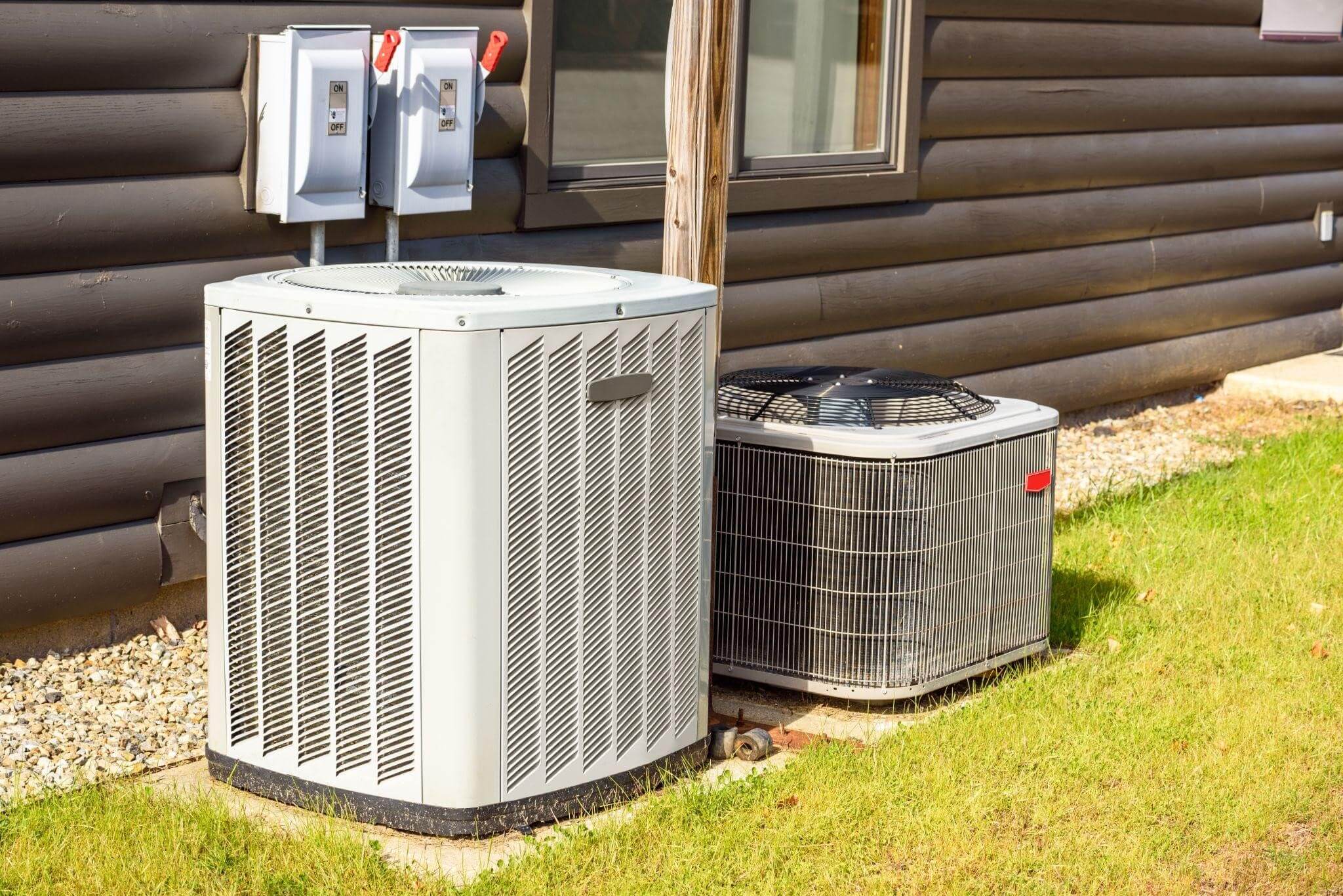HVAC maintenance matters. Get tips to extend your system’s lifespan and see how Service Express helps Chicagoland homes stay comfortable longer.
HVAC equipment is expensive to replace, so getting the most out of your air conditioner or furnace is important to many homeowners. With an average lifespan of 10 to 20 years, staying on top of proactive care is the difference between getting the bare minimum out of your system and pushing it toward the upper end of its life.
There are a number of things you can do that will spare you from costly repairs and help your system run for years to come.
Why Extending Your HVAC’s Life Matters
Regular care and maintenance go a long way in keeping your system in top condition, and the benefits extend well beyond just avoiding repairs. The longer your HVAC system lasts, the longer you can delay a full replacement, which can be expensive. A well-maintained system also runs more efficiently. It also keeps your home comfortable by maintaining a consistent temperature and improving indoor air quality, which supports a healthier living environment.
HVAC Lifespans by System Type
The better you care for your system, the longer it’ll last. However, all varieties of heating and cooling equipment have a maximum lifespan:
Furnaces
Furnaces are built to last, with a lifespan of 15 to 20 years with regular tune-ups and filter changes. Gas furnaces typically fall on the lower end of that range due to constant cycling, while electric furnaces can sometimes last longer.
Central Air Conditioners
Central air conditioners generally last about 10 to 15 years. In areas like Chicago, where summers are hot and humid, AC units often run for long cycles, which can shorten their lifespan compared to cooler regions.
Heat Pumps
Heat pumps can typically run for 10 to 15 years, but because they handle both heating and cooling, they often work harder year-round compared to standalone heating or cooling systems. With proper care, some heat pumps can last longer than 15 years. However, neglecting regular maintenance leads to them breaking down sooner.
Ductless Mini-Splits
Ductless mini-splits are known for their durability, with a lifespan ranging from 12 to 20 years. These systems often last longer because they don’t rely on ductwork, which contributes to strain and energy loss in central systems. Regular maintenance can help them approach the 20-year mark, making them one of the most reliable long-term HVAC options.
DIY Maintenance Tips for Homeowners
There are several simple steps you can take to help your HVAC system run better and last longer:
- Change your air filters every 1 to 3 months to prevent clogs and improve airflow.
- Keep outdoor units clear by maintaining at least two feet of clearance and removing any debris.
- Clean vents and registers regularly to prevent dust buildup that restricts airflow.
- Maintain consistent thermostat settings by avoiding constant adjustments and using a programmable thermostat.
- Inspect and seal air leaks around windows, doors, and ductwork to reduce strain on your system.
Bonus Tips to Protect Your HVAC System
If you want to go beyond the basics of HVAC maintenance, there are a few extra steps you can take to get even more out of your system.
- Install surge protection to avoid electrical damage.
- Upgrade insulation to reduce your system’s workload.
- Use ceiling fans to circulate air more efficiently.
- Use blinds and curtains strategically to block heat or retain warmth.
- Add a smart thermostat to optimize heating and cooling schedules automatically.
Keep Your HVAC Working With Service Express
At Service Express, we understand the unique climate challenges of the Chicagoland area. Our expert team makes it simple to keep your system running at its best. With a transparent maintenance process, flexible scheduling, and service plans designed to protect your investment, we’re here to ensure your comfort season after season.
Ready to extend the life of your system? Schedule a seasonal tune-up or explore our maintenance plans with Service Express today.

